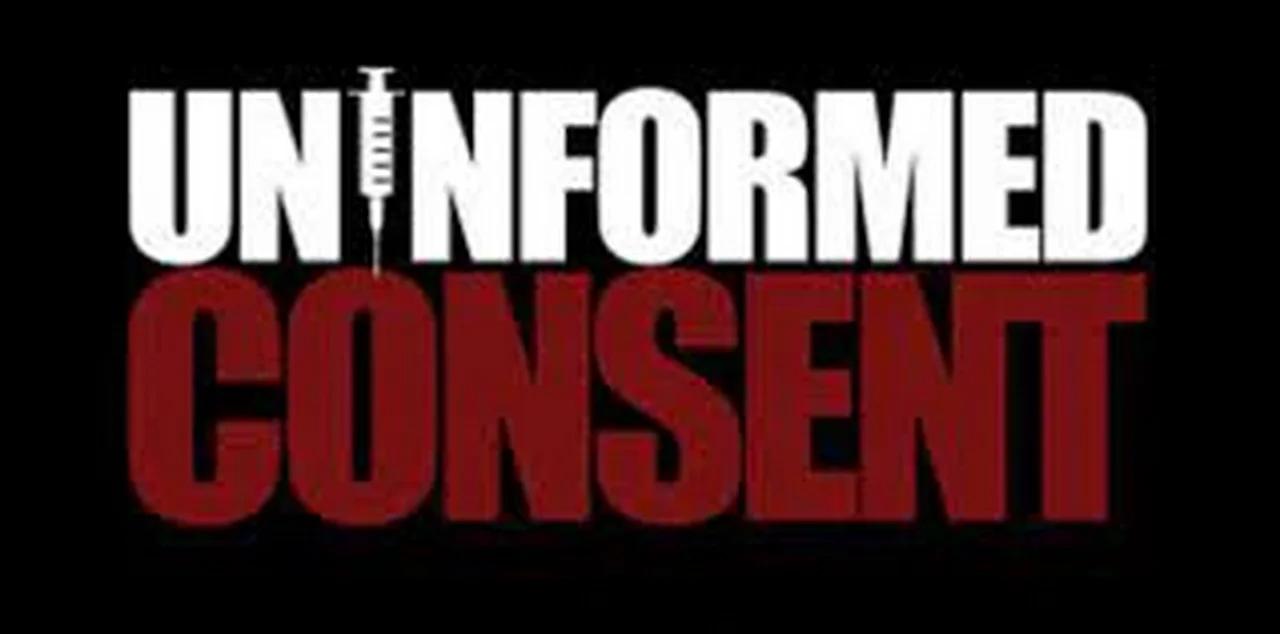University COVID-19 vaccine mandates are unethical because the vaccines are up to nearly 100 times more likely to cause a person of student age serious injury than prevent him or her from being hospitalised with COVID-19, a new study has concluded.
The study, whose authors include Dr. Kevin Bardosh, a recipient of funding from the pro-vaccination Wellcome Trust led by Sir Jeremy Farrar, and Dr. Tracy Beth Høeg of the Florida Department of Health, presents a risk-benefit assessment of booster vaccines among people of student age and provides five ethical arguments against mandates.
The researchers estimate that 22,000-30,000 previously uninfected adults aged 18-29 must be boosted with an mRNA vaccine to prevent just one COVID-19 hospitalisation. In the study, which is currently undergoing peer-review, the authors analyse CDC and reported adverse event data and find that booster mandates are likely to cause a net expected harm. They estimate that for every COVID-19 hospitalisation prevented in previously uninfected young adults, 18 to 98 serious adverse events will occur, including 1.7 to 3.0 booster-associated myocarditis cases in males, and 1,373 to 3,234 cases of serious injury which interferes with daily activities.
The authors add that given the high level of natural immunity following infection, the actual risk-benefit profile is even less favourable.
University COVID-19 vaccine mandates are unethical because the vaccines are up to nearly 100 times more likely to cause a person of student age serious injury than prevent him or her from being hospitalised with COVID-19, a new study has concluded.
The study, whose authors include Dr. Kevin Bardosh, a recipient of funding from the pro-vaccination Wellcome Trust led by Sir Jeremy Farrar, and Dr. Tracy Beth Høeg of the Florida Department of Health, presents a risk-benefit assessment of booster vaccines among people of student age and provides five ethical arguments against mandates.
The researchers estimate that 22,000-30,000 previously uninfected adults aged 18-29 must be boosted with an mRNA vaccine to prevent just one COVID-19 hospitalisation. In the study, which is currently undergoing peer-review, the authors analyse CDC and reported adverse event data and find that booster mandates are likely to cause a net expected harm. They estimate that for every COVID-19 hospitalisation prevented in previously uninfected young adults, 18 to 98 serious adverse events will occur, including 1.7 to 3.0 booster-associated myocarditis cases in males, and 1,373 to 3,234 cases of serious injury which interferes with daily activities.
The authors add that given the high level of natural immunity following infection, the actual risk-benefit profile is even less favourable.
On the basis of this evidence they argue that university booster mandates are unethical because:
- no formal risk-benefit assessment exists for the age group;
- vaccine mandates may result in a net expected harm to individual young people;
- mandates are not proportionate: expected harms are not outweighed by public health benefits given the modest and transient effectiveness of vaccines against transmission;
- U.S. mandates violate the reciprocity principle because rare serious vaccine-related harms will not be reliably compensated due to gaps in current vaccine injury schemes; and
- mandates create wider social harms.
They consider counterarguments, such as a desire for socialisation and safety, and show that such arguments are weak and lack scientific and ethical support.
The authors include Dr. Vinay Prasad of the University of California and Dr. Martin A. Makary and Dr. Stefan Baral of Johns Hopkins University. A previous intervention in February by many of the same authors, published in BMJ Global Health, took a strong ethical stance against vaccine coercion in the form of mandates and passports.
It’s been clear for some time that the cost-benefit assessment of the vaccines will not be favourable for young people. But with leading scientists, including some funded by pro-vaccination organisations like the Wellcome Trust, now putting the case in top journals, hopefully the message will get through to those, especially in America, who continue to impose vaccine requirements on young adults.
While the present paper is focused on vaccine coercion, its arguments also apply more generally to the offer of vaccination to young adults, and raise questions as to whether vaccine recipients are being fully appraised of the risks and likely benefits before consenting to inoculation.















